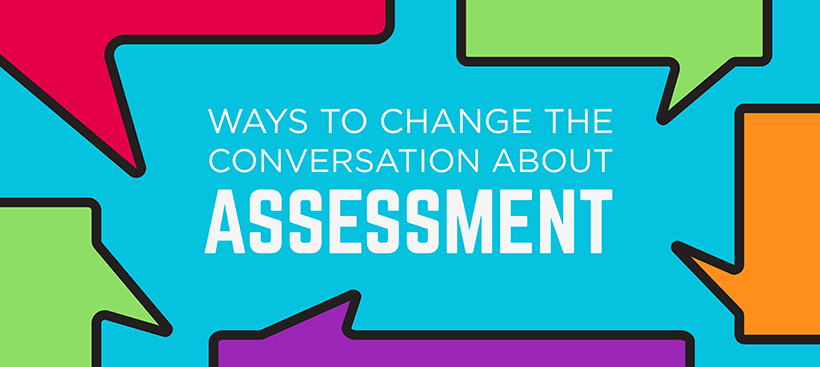From the NCTE Standing Committee on Literacy Assessment
This post was written by Peggy O’Neill, a member of the NCTE Standing Committee on Literacy Assessment, on behalf of the Committee.
Share your stories about assessment and tell us how we can help you change the conversation about assessment here.
At the start of summer, we were hoping that the new school year would mean an end to the remote learning many of us had to navigate in the spring. Unfortunately, because the COVID-19 pandemic continued to devastate communities throughout the summer, the 2021–22 academic year is starting like no other.
Some schools, K–college, are opening with all instruction online, some with a hyflex model with some students face-to-face and some remote. Other systems are using a mix of synchronous and asynchronous. Some schools and colleges opened face-to-face but then had to move quickly to online only, either temporarily or for the entire semester.
Given this changing and diverse context, assessment presents even more challenges for classroom teachers this year.
Beyond schooling, the pandemic has had dire economic consequences for many communities. Unemployment is on par with the Great Depression and many more families are facing hunger and homelessness. Across all levels, from kindergarten through college, student performance is affected by these kinds of challenges, and will impact assessment of those performances.
While educators try to navigate these challenges, we also are confronted with the systemic racism that plagues many communities and our nation as a whole. Black Lives Matter protests highlight the inequities in policing, healthcare, economic opportunity, and education. With the pandemic disproportionately impacting communities of color, teachers are often on the front line of these struggles, working with students and families experiencing the effects of racism.
In short, literacy educators across all levels are facing a challenging year.
Our goal as the NCTE Literacy Assessment Committee is to support K–college teachers as they find their way in this disorienting landscape.
Last year we began addressing the issues of digital learning and equity in terms of literacy assessment in several ways. We offered resources on issues related to equity and inclusion, such as Working toward Culturally Responsive Assessment Practices, Assessing Linguistically Diverse Students and The Biographic Biliteracy Profile. With the move to online instruction, we offered resources such as Shifting Assessment “Home” and Assessment Stories on the Ground.
These resources still offer great ideas for educators today. This year, we are continuing our goal to change the conversation about assessment by focusing on these questions:
- How can we as literacy educators promote learning through assessment in virtual and hybrid contexts?
- How can we move from culturally relevant to antiracist assessment?
- How can we be advocates for our students in various contexts from the classroom to the school and from the local community to the state?
You can help us by telling us about the issues you want covered and your suggestions for changing the conversation. Complete this brief survey to share your stories and ideas so we can better serve you.

Peggy O’Neill is a professor of writing and associate dean of humanities at Loyola University, Maryland. Her research interests focus on writing pedagogy and assessment. She has been on the NCTE Literacy Assessment Committee for several years, serving as the committee chair from 2016–2019.
It is the policy of NCTE in all publications, including the Literacy & NCTE blog, to provide a forum for the open discussion of ideas concerning the content and the teaching of English and the language arts. Publicity accorded to any particular point of view does not imply endorsement by the Executive Committee, the Board of Directors, the staff, or the membership at large, except in announcements of policy, where such endorsement is clearly specified.

